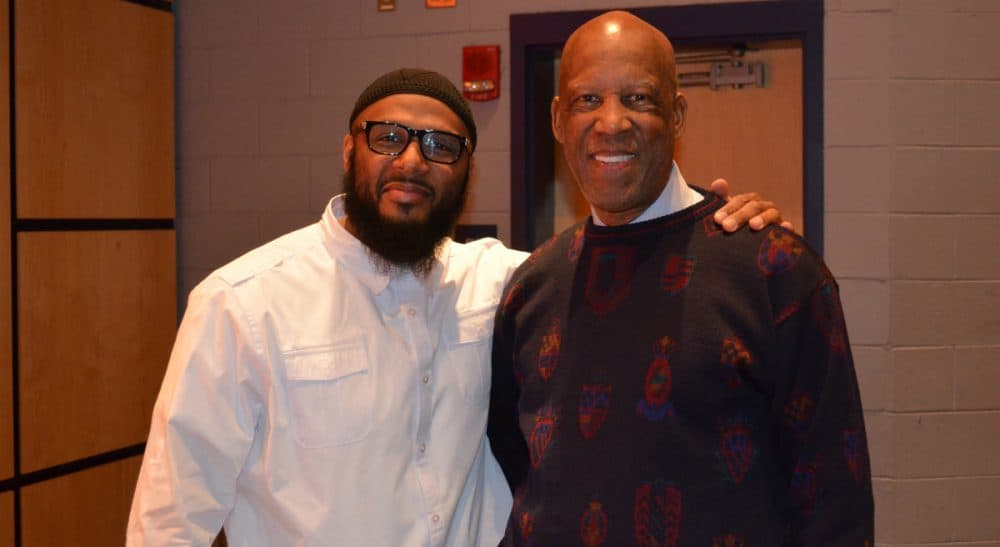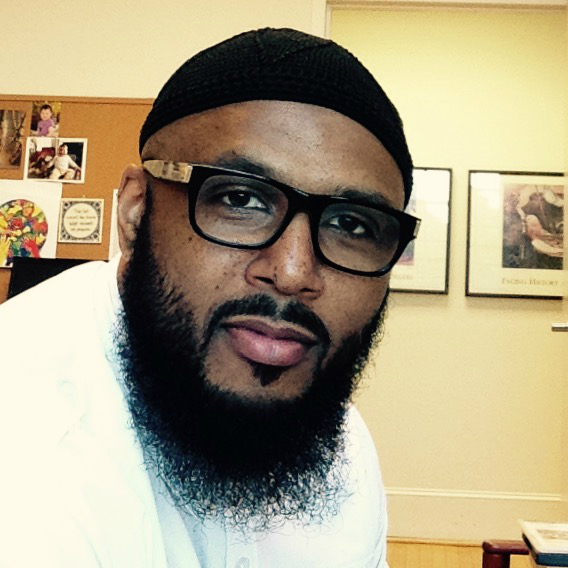Advertisement
Your Necessary Act

I recently met Rena Finder, one of the last Schindler Jews. She was the featured guest in the last portion of a course on the Holocaust that I took at Facing History and Ourselves with other adult learners. I listened as she answered questions that made me uncomfortable to hear. Among them: Before you were taken, did you have a sense that your family was in danger? What did it feel like to be in a concentration camp? Do you regret anything?
Here was this wonderful woman, sweet and thoughtful, replying to our coarse inquiries with a gentleness that took into consideration our own fragile understanding of such a topic. Ultimately, she thanked us for listening to her.
Listening to how carefully Finder chose her words and framed her experience without casting herself as some heroic figure forced me to admit that I wasn't humble.
Imagine that. We barrage her with questions, and she thanks us.
That meeting with Rena Finder was a necessary one for me, one that informed me about my own humility much more so than any timeline-facts about that horrible moment in history. Listening to how carefully Finder chose her words and framed her experience without casting herself as some heroic figure forced me to admit that I wasn't humble. Sure, I could feign what I thought was humility, but Finder's was genuine. Finder's answers exposed some of her most intimate moments, but it's what they revealed to me about myself that really surprised me.
I would have to rethink what I thought I knew about humility. I would have to revisit my understanding of when pride was necessary and when it got in the way. I decided that it mostly got in the way and almost never helped.
I was deeply disturbed yet profoundly grateful for our gathering that night. However, I still hadn't found a place for my epiphany in the spectrum of my own growth. It just sat there.
Not long after, through my work with public schools, I had another great opportunity. I spent the day with Dr. Terrence Roberts, one of the Littlerock Nine who, in 1954 and along with eight other high school students, endured hostile crowds, death threats and assault in order to forge the path of integrating high schools in America. Here was this living icon — funny, classy and insightful — calling me by my first name. It was surreal.

I escorted Dr. Roberts to several middle schools where he spoke to eighth graders about his experience more than half a century ago. The students didn't realize who he was or what he meant to the narrative of the civil rights movement. While many of the children were attentive and intrigued, one particular group of students was disrespectful. In a packed auditorium, they snickered and asked him silly questions. Dr. Roberts took it all in stride and with a regal bearing.
Still bothered by the students' lack of decorum, I confided to Roberts later that, perhaps, children so young didn't deserve to hear him speak. I felt as though they weren't yet emotionally mature enough to appreciate his story or its significance. What he said reminded me of meeting Rena Finder.
Find your necessary act, and you've conquered your fears, your selfishness and even your personal feelings. This is when you know you've been called.
Dr. Terrence Roberts
He said:
"Taymullah, if I concerned myself with how people reacted to me, I would've never walked into that school surrounded by hordes of hostile white folks. It's not about how they make me feel. It's about my obligation to the future. In the same capacity that it took 50 years for that first act to synergize into the progress we see today, it may also take 10, 20 years for those students to reflect on my visit. Either way, it must be done. It's a necessary act. Find your necessary act, and you've conquered your fears, your selfishness and even your personal feelings. This is when you know you've been called."
It was as if a heavy blanket had been lifted from my head. I understood.
My meeting with Rena Finder and the self-knowledge it sparked now had a place in my trajectory. What she did in answering our unformed, probing questions was a necessary act to her, a way not only to inform the future about that dreadful moment in time, but about how some survived it and even went on to thrive. There was no room for ego in either Finder or Roberts' work. There was only room for the future.
Find your necessary act, and you find the future.
